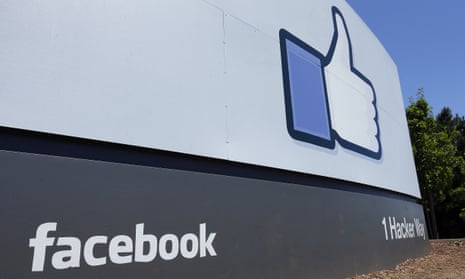Facebook and Twitter stepped into the battle with the FBI, with both companies pledging that they “stand with Apple” and will “aggressively fight” attempts to weaken encryption.
Apple is heading deeper in to a legal battle with the FBI, which is attempting to access encrypted information on an iPhone used by one of the San Bernardino killers.
“We condemn terrorism and have total solidarity with victims of terror. Those who seek to praise, promote, or plan terrorist acts have no place on our services,” Facebook said in a statement on Thursday.
“However, we will continue to fight aggressively against requirements for companies to weaken the security of their systems. These demands would create a chilling precedent and obstruct companies’ efforts to secure their products.”
Shortly before, Twitter’s CEO, Jack Dorsey, tweeted: “We stand with @timcook and Apple (and thank him for his leadership)!”
We stand with @tim_cook and Apple (and thank him for his leadership)! https://t.co/XrnGC9seZ4
— Jack (@jack) February 18, 2016
The support of both companies follows remarkable public statements by Silicon Valley figures including Sundar Pichai, CEO of Apple’s biggest rival Google, who wrote on Wednesday that “requiring companies to enable hacking of customer devices & data … could be a troubling precedent”.
Although technology companies generally are on the same page when it comes to surveillance, this latest episode may show the greatest amount of solidarity to date over a specific conflict with the government.
A federal magistrate has ordered Apple to create and digitally sign a software update that would make it easier to guess the password of an iPhone 5c. The device belonged to Syed Farook, one of the killers in a mass shooting at a government building near Los Angeles, California, and the FBI has said they are unable to break into it because of Apple’s security measures.
That prospect scares technology companies for several reasons. Industry lawyers argue that if the government can force them to create software and upload it to a targeted phone through the software update process, it will wreck the trust that consumers have in the tech company’s security patches.
If this precedent is set, the lawyers argue, what is to stop a judge from forcing Apple or Google to help the FBI upload spyware on to a suspect’s phone?
The FBI and the White House have said investigators in this case are only interested in getting inside Farook’s phone.
Presidential candidates Bernie Sanders and Hillary Clinton also commented on the conflict during a debate in Las Vegas, Nevada, on 18 February. Both said they would like to find a middle ground and avoided taking sides.
“I’m on both [sides]. This is a very complicated issue,” said Sanders. “I am very fearful in America about ‘big brother’ and that means not only the federal government getting into your emails or knowing what books you’re taking out of the library … I worry about that very much. On the other hand, what I also worry about is the possibility of another terrorist attack against our country … Clearly all of us would be very dismayed if we learned that we could’ve picked up information about a potential terrorist attack and we didn’t do that.”
Clinton said: “This is one of the most difficult dilemmas that we’re faced with … What I keep calling for is to try to get the government and our great tech companies to figure out what is the path forward … I see both sides, and I think most citizens see both sides … I’m really making a plea that the government and the tech companies keep working together to see if there isn’t some legitimate way to deal with these very real problems that we deal with.”

Comments (…)
Sign in or create your Guardian account to join the discussion